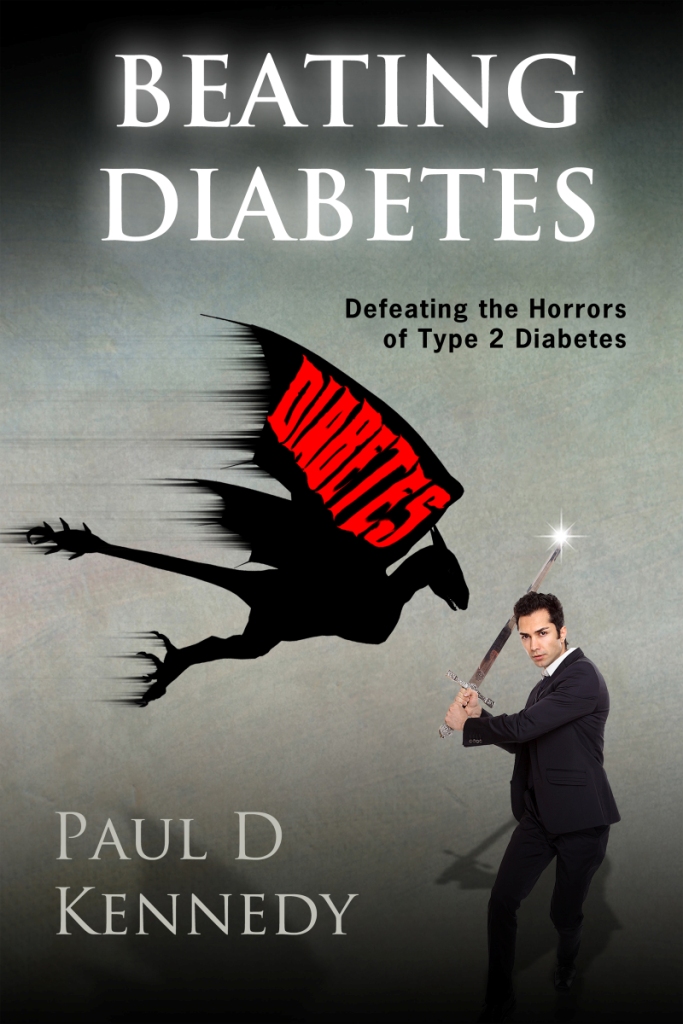Continuous stress causes our bodies to secrete excessive amount of cortisol. Long-term chronic exposure to cortisol causes the mental frailties associated with old age. What can we do about it?
Loss of mental capacity is one of the most frightening symptoms of aging. Fortunately this loss is not inevitable.
Research shows that stress is one of the leading causes of the mental deterioration associated with aging. Stress, it seems, kills brain cells.
Thus, avoiding excessive stress is the most important way to keep your mind sharp as you age.
Why stress damages your body and brain
Stress causes your body to secrete excessive amounts of cortisol. This has serious physiological effects on your body.
Cortisol is a hormone that is involved in several important functions … the proper metabolism of glucose … the release of insulin … the regulation of blood pressure … the functioning of the immune system … inflammatory response … and so on.
Cortisol is secreted by the adrenal glands in small amounts as required for these functions.
However when you encounter danger it is secreted a much higher levels as part of your body’s ‘fight or flight’ response. It gives you quick bursts of energy and increased immunity, and lowers your sensitivity to pain.
The ‘fight or flight’ response is necessary to enable you to survive in times of extreme danger, eg, when under attack from a wild beast. However, once the danger is over, your cortisol level needs to return to normal.
The problem is that, in our high-stress culture, the body’s stress response is activated so often that for many of us it does not have a chance to return to normal, resulting in a state of chronic stress.
This ongoing exposure to high levels of cortisol causes the mental haziness, forgetfulness and confusion associated with old age. This gets worse as you get older because cortisol actually rises with the advancing years, unlike other hormones which diminish as we get older.
Besides impairing cognitive performance, higher prolonged levels of cortisol in the bloodstream give rise to … a suppressed thyroid function … blood sugar imbalances … decreased bone density and muscle tissue … elevated blood pressure … lowered immunity and inflammatory responses … and increased abdominal fat.
Stress management techniques
You can lower cortisol levels in your body by reducing stress using a few simple, but effective, stress management techniques such as:
- breathing techniques
- letting it out … by writing down or talking about your problems
- doing your favourite hobby
- self-hypnosis
- yoga
- listening to music
- meditation
- sex
- ETC
You may also need to make lifestyle changes in order to keep your body from over reacting to stress in the first place.
These changes include … eating a healthy diet (eg, the Beating Diabetes diet) … taking multi-vitamins and antioxidants daily … making sure to exercise … and working in a less stressful environment.
You can also relieve high levels of stress by taking DHEA as a dietary supplement.
DHEA supplements
DHEA stands for dehydroepiandrosterone. It is the precursor used by your body in producing sex hormones such as testosterone, oestrogen and progesterone.
DHEA is the natural counter to cortisol. The more DHEA in your body, the less effect stress has on you.
The problem is that your capacity to produce DHEA declines with age. Indeed, a 65 year old usually only has about 10% of the DHEA he or she had at 20 years of age.
A study on the effects of DHEA on aging was published in the Journal of the American Geriatric Society in 1998. People between the ages of 60 and 80 were tested for their levels of DHEA. They also took cognitive and strength tests.
The researchers found that those with the highest levels of DHEA performed better on both their cognitive and physical assessments. Those with higher levels of DHEA also looked younger.
The scientific consensus is that people with higher levels of DHEA experience … less stress … sharper memories … fewer wrinkles and other physical signs of aging … enhanced energy … a better immune system … reduced body fat … and increased libido.
You can boost your DHEA levels with a regular dietary supplement.
However, you should be tested before you begin taking a supplement. The test is a simple one and can be performed by your local doctor or health clinic.
Once your levels have been checked, you and your doctor can decide on a daily dose. The levels of DHEA in young men range from 400 to 650 and this would be the goal to aim for.
A common starting dose is 10mg a day. Regular testing is necessary to see how you are doing. Your initial dosage can then be varied depending on how you are doing.
DHEA is absorbed well and can be taken at any time. But if you take it first thing in the morning, you’ll be mimicking the natural daily fluctuation in DHEA levels.
